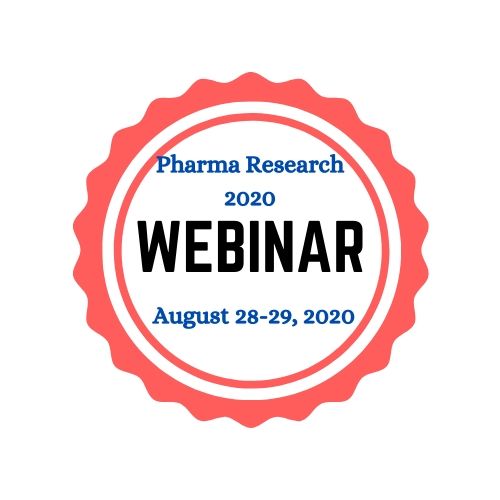
Dipak Chetia
Dibrugarh University, India
Biography
There was no signiï¬ cant progress in the reduc on of malaria cases globally during the period 2015-2017 as per the latest epidemiological report (WHO, Malaria Report 2018). The malaria aff ected countries mainly rely on Artemisinin-based Combina on Therapy (ACT) as no new drug has been discovered during the last couple of years. Therefore, the discovery of new an malarial drugs to target the parasite at various stages of its life cycle is an urgent necessity to address the current stagnant therapeu c situa on as well as to ï¬ ght against the rapidly emerging resistant strains of the malaria parasites. The objec ve of the presenta on is to highlight the achievements and shortcomings, possibili es of working on new areas for development of potent an malarial drugs, problems and issues in the screening of an malarial compounds, necessity for development of easy, aff ordable and fast screening method.
Salient points related to current status and possible newer research targets to be taken into considera on for an malarial drug discovery and development shall be systema cally discussed and deliberated (Figure 1). The prime target of currently used an malarial drugs is the erythrocy c stage of the parasite and except few, others show very less therapeu c effi cacy individually. Addi onally, most of these drugs are not eff ec ve against resistant malaria. Potent an malarial drug candidates based on novel targets need to be developed not only for erythrocy c stage but also to target the parasite at other stages which may work by diff erent mechanism of ac on against the parasites. There is a need for developing easier, aff ordable and fast screening method to enable more medicinal chemists to involve in the new an malarial drug discovery and development programmes. The development of most eff ec ve and long ac ng chemicals/ drugs for malaria interven on is equally important in the control of malaria.
Abstract
Abstract : Antimalarial drug discovery and development: Issues and prospects

